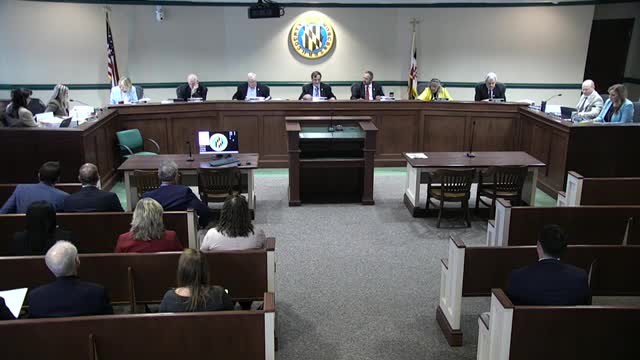Article not found
This article is no longer available. But don't worry—we've gathered other articles that discuss the same topic.
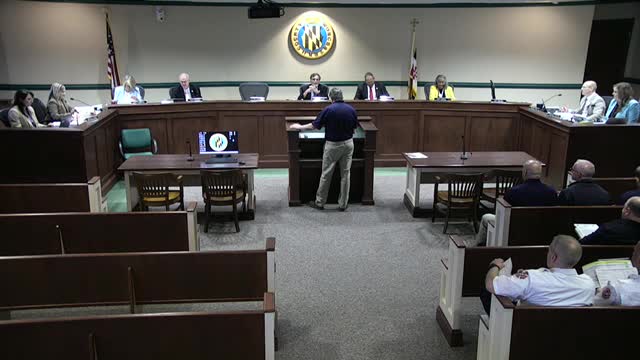
Volunteer fire and ambulance groups ask for higher unit grants, training funds and wellness support; mobile integrated health program seeks $210,000
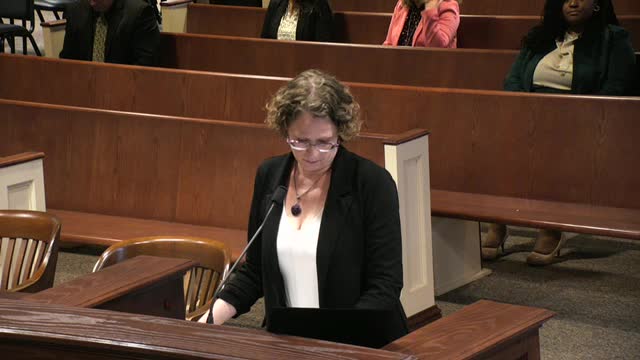
Worcester County jail budget projects higher inmate medical costs and U.S. Marshals reimbursements
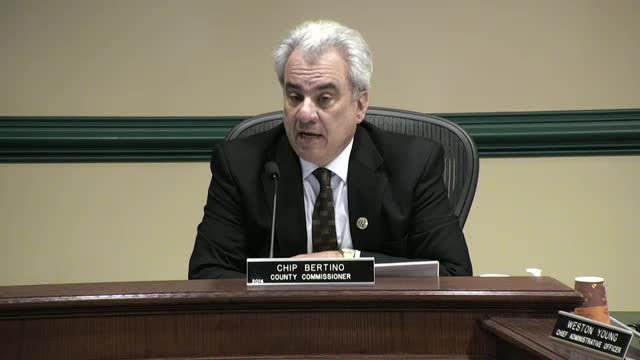
County IT seeks enterprise permitting system to put permits, payments and plan review online
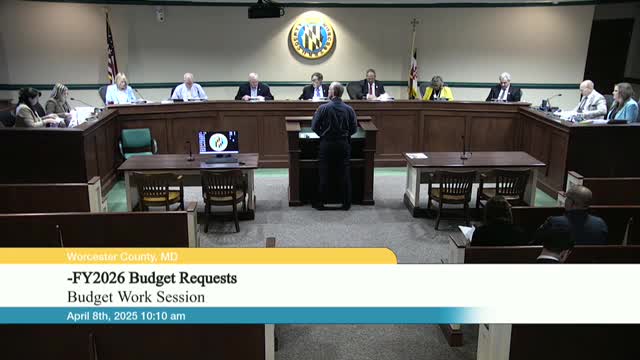
Worcester County sheriff asks for 20% bump to recruit and retain deputies, cites grant revenue declines
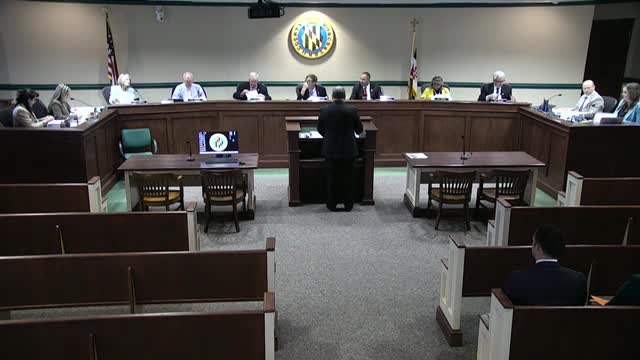
Worcester County Emergency Services seeks funding for CAD/RMS replacement, staffing and expanded training
